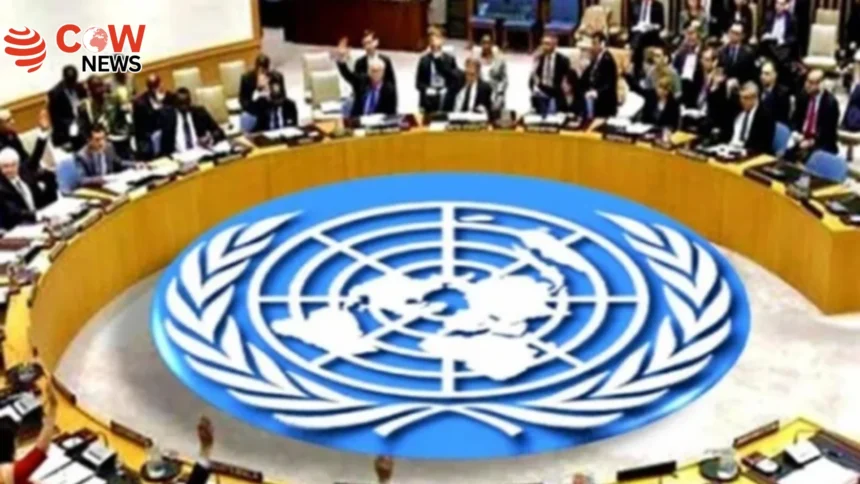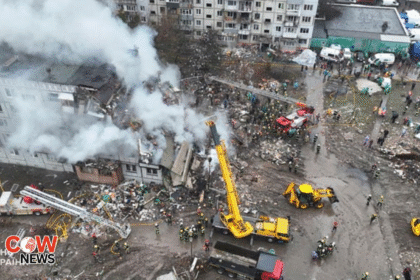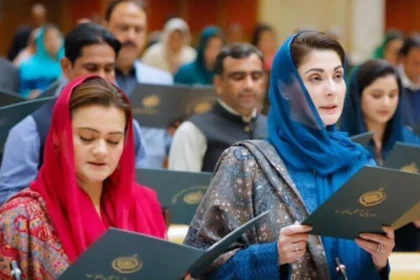The United States has once again exercised its veto power at the United Nations Security Council (UNSC), blocking a resolution calling for an immediate, unconditional, and permanent ceasefire in Gaza, along with unimpeded humanitarian aid to the besieged enclave.
The resolution, tabled by ten countries, received overwhelming support from 14 of the 15 UNSC members. However, the U.S. vetoed the measure, preventing its adoption.
The proposed resolution urged an end to hostilities between Israel and Hamas and demanded the facilitation of humanitarian assistance to Gaza’s war-stricken population. It emphasized the urgent need to de-escalate the conflict and address the worsening humanitarian crisis.
Prior to the vote, U.S. Deputy Ambassador to the UN, Dorothy Shea, addressed the council, defending Washington’s stance. She argued that the resolution failed to condemn Hamas or demand its disarmament and withdrawal from Gaza—conditions the U.S. deems essential for any lasting peace.
“This resolution ignores the realities on the ground and undermines ongoing diplomatic efforts. It risks emboldening Hamas while jeopardizing Israel’s security,” Shea stated.
Following the vote, Shea reiterated the U.S. commitment to Israel’s security, declaring, “We cannot support anything that threatens Israel’s right to defend itself. Defeating Hamas and preventing its resurgence is not only Israel’s right, it is its responsibility.”
Israel, too, opposes any permanent and unconditional ceasefire, maintaining that peace is unattainable as long as Hamas remains in control of Gaza. Israeli officials insist that their military operations are aimed at dismantling Hamas and securing the release of hostages still held in Gaza.
After a two-month truce ended in March, Israel resumed its military offensive in Gaza. On Wednesday, Israeli airstrikes killed at least 45 Palestinians, according to Gaza health authorities. The Israeli military confirmed the death of one soldier during the clashes.
Humanitarian conditions in Gaza continue to deteriorate rapidly. Despite the partial resumption of aid deliveries since May 19—ending an 11-week-long blockade—the 2 million residents of Gaza remain at severe risk of famine and disease.
On Wednesday, the U.S.-backed Gaza Humanitarian Foundation (GHF) was unable to distribute any aid due to ongoing security concerns. The foundation has urged Israeli authorities to enhance protection around aid centers to allow safe delivery of supplies to civilians.
International criticism of the U.S. veto has been swift, with several UNSC members and humanitarian organizations expressing frustration over the continued obstruction of ceasefire efforts. Many argue that the Security Council is failing in its duty to protect civilians and uphold international peace.
As the war drags on, hopes for a diplomatic breakthrough remain dim. The humanitarian toll continues to rise, and the political divide within the UNSC appears to be deepening—with the United States standing increasingly isolated in its support for Israel’s military campaign.







